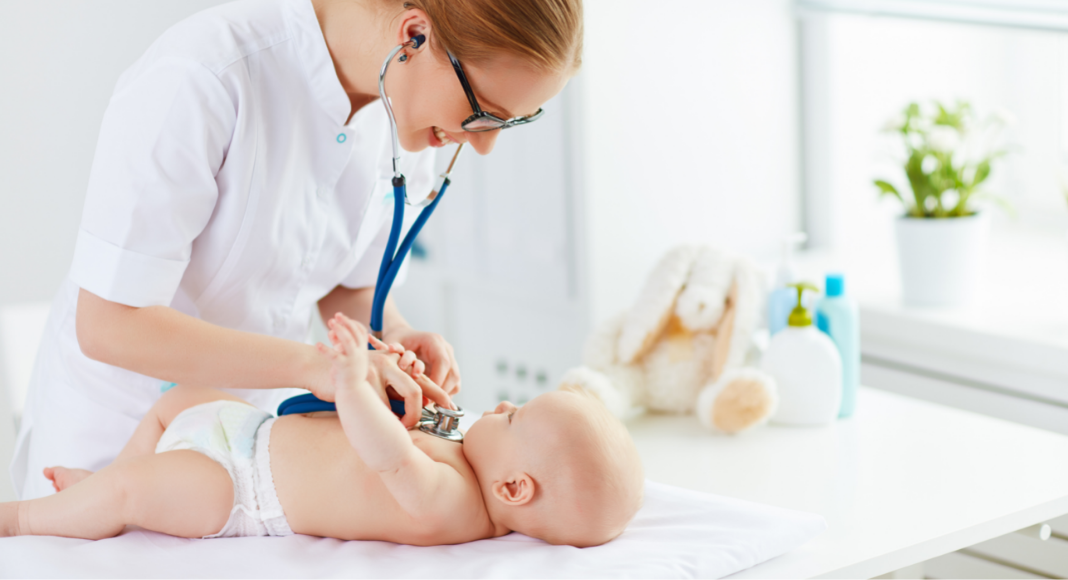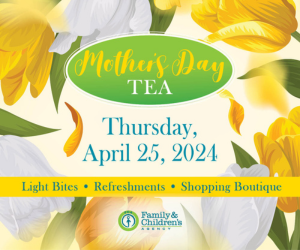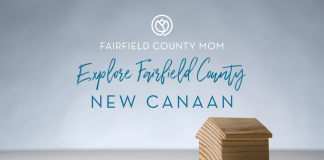 Doctor Nicholas Mongillo is a Shelton Pediatrician with decades of experience keeping infants and children (including my rowdy toddlers) healthy. He graciously took the time to answer some questions hot on the minds of many parents as we head into the fall. When in doubt, ask Dr. Mongillo!
Doctor Nicholas Mongillo is a Shelton Pediatrician with decades of experience keeping infants and children (including my rowdy toddlers) healthy. He graciously took the time to answer some questions hot on the minds of many parents as we head into the fall. When in doubt, ask Dr. Mongillo!
What are some of the best ways to keep children healthy during the fall and winter months?
- Set reasonable time limits on outdoor play like ice skating, sledding, skiing, and snowboarding to prevent hypothermia and frostbite. Dress properly. Have children come inside periodically to warm up.
- Check the home for proper heating and ventilation. As more hours are spent indoors, issues of air circulation can lead to illness or infection.
- Follow the local guidelines concerning infection control as it pertains to the present COVID pandemic. Educate your children and emphasize the need to be consistent with good hygiene to control the spread of infections.
- Encourage your children to tell you if they are not feeling well and assess their chances of being ill and spreading an infection to others around them.
- Always think healthy with proper sleep, a nutritional diet, and adequate physical activity.
- Make good decisions about your children’s involvement in activities and outings, especially indoor ones that may put them at a higher risk of getting sick. Always think about prevention with appropriate hygiene measures before, during, and after an event.
Many moms ask about things like elderberry for “immune support” how do you usually counsel patients on these supplements?
Many of these entities have not had formal scientific testing to assure the safety and quality of the products adequately. Therefore I don’t recommend them. With that being said, many of these ‘supplements’ have had years and perhaps centuries of anecdotal success. As a parent, it is your responsibility to be just as careful dispensing these remedies to your child as you would with any medication.
Understand what you are giving, know all the ingredients and potential benefits and risks to your child. For example, some products may contain a certain percentage of alcohol that can affect your child’s brain, growth, and development. There have been studies about the use of vitamins C and D that confirm some benefits in utilizing them to help support the immune system. But they do not prevent or cure infections.
What are your go-to resources to share with parents about COVID and children?
- CT.gov with links to the CT Department of Health for local information.
- The American Academy of Pediatrics
- HealthyChildren.org for clear, concise general infant children and adolescent information.
- It would be healthy to avoid social media forums because of the high misinformation infiltrating the conversations. This ultimately causes unnecessary fear and panic.
Any other advice or tips going into our traditional cold and flu season?
- Get a flu vaccine.
- Get the COVID vaccine if of the proper age.
- Healthy snacks including whole grains, fruits, and vegetables.
- ‘Wipe down’ your kid when they come home from daycare or school (Maybe a change of clothes could be in order).
- Wash hands and face regularly.
- Wear masks and change them regularly.
- Be thoughtful to others and keep your child home if they are getting sick with a runny nose or cough or bellyache.”
A big thank you to Dr. Mongillo for taking the time to answer these questions. As always, discuss individual medical questions with your child’s clinician. Here’s to a healthy and happy fall season, and don’t forget to wash those hands!


























